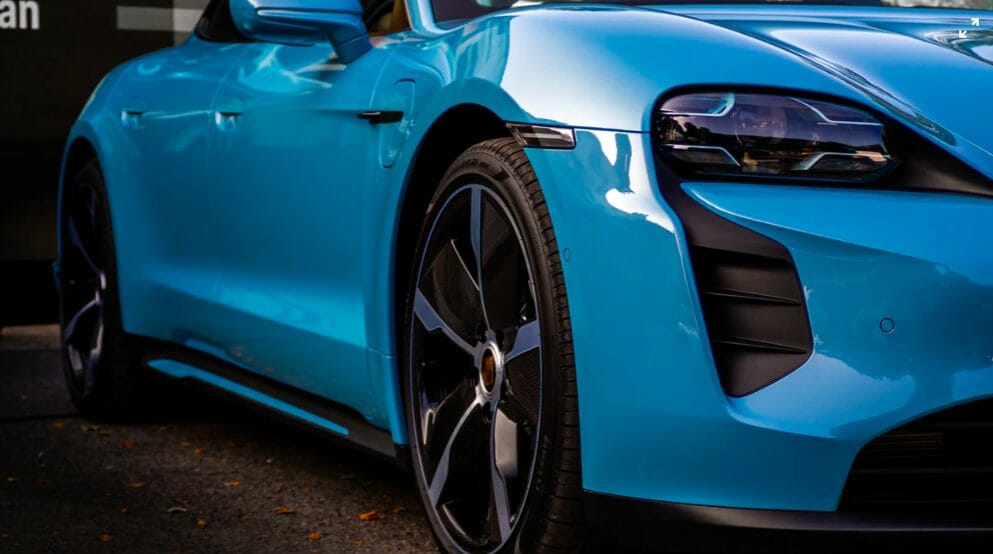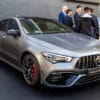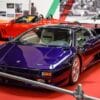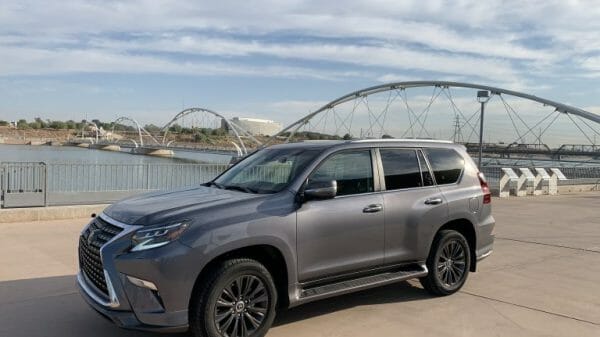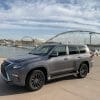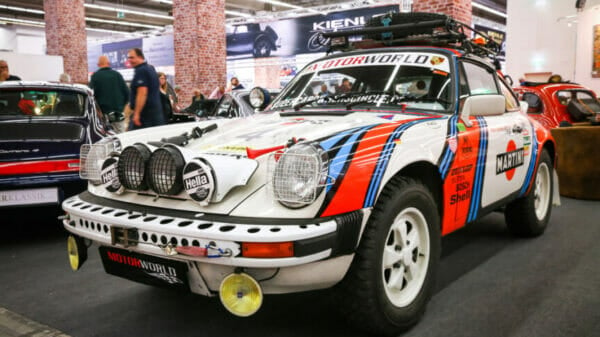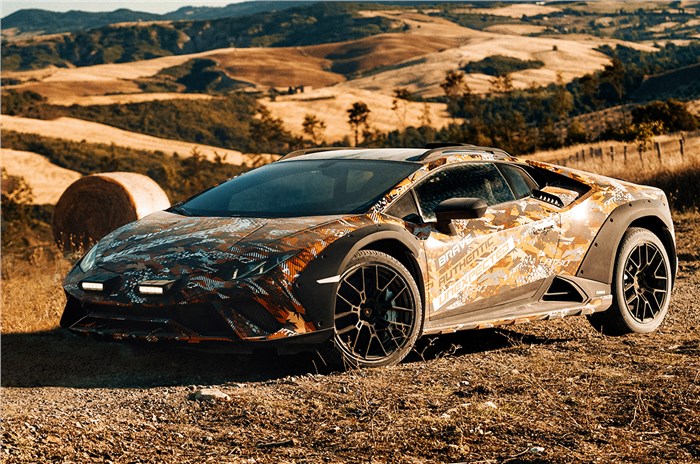The EV industry is continuously gaping with unconventional ideas that challenge the status quo from all directions. As everyone tries to get ahead of everyone, there is colossal amount of investment going into research,development as well as sales and marketing.
An now, there is some gamer changer news from Taiwan. XING Mobility, a Taiwanese start-up has built an electric supercar to challenge industry leader Tesla in power and speed.
They youthful company is simultaneously positioning its mainstay components business to rival established carmakers at large. Azizi Tucker, XING Mobility’s chief technology officer, says that the supercar dubbed “Miss R” has a projected acceleration from 0 to 100 km/h in 1.8 seconds, about a millisecond second faster than the Tesla Roadster.
“It is also the first electric supercar that can be switched between on- and off-road modes,” says Tucker, “using four motors, one at each of the car’s wheels, to generate 1 Megawatt of power and 1,312 horsepower.” So far, the company has conducted low-speed testing on and off road but is yet to carry out high-speed and durability tests.
Despite the eye-catching design of “Miss R,” the biggest part of XING Mobility’s business consists of providing vehicle makers with powertrains, gear boxes and battery packs. According to Tucker, the company was founded in 2015 and is likely to compete for business in the growing electric vehicle market with engine makers like Volvo, Caterpillar, and Honda, rather than the likes of Tesla.
A small number of “Miss R” supercars will be sold to consumers, but the project mainly serves as a rolling research and development lab for XING Mobility’s components business. “It’s quite important that we are the first customer and the most aggressive customer for all of our products,” said Tucker, “So the Miss R gives us that ability to use our powertrain components, our battery pack, our drive systems, that we sell to commercial and industrial customers, it gives us a chance to use those in the most aggressive manner possible, in a manner more aggressive than any of those other customers would.”
The e-mobility market is gaining momentum thanks to government incentives, decreasing development costs, and changing customer preferences. Tucker and company hopes to see XING Mobility’s products power a wide range of vehicles in the near future, which may include everything from delivery vehicles like smaller van, semi-trucks, airport ground vehicles, and big construction machinery.
Image Source: Unsplash

